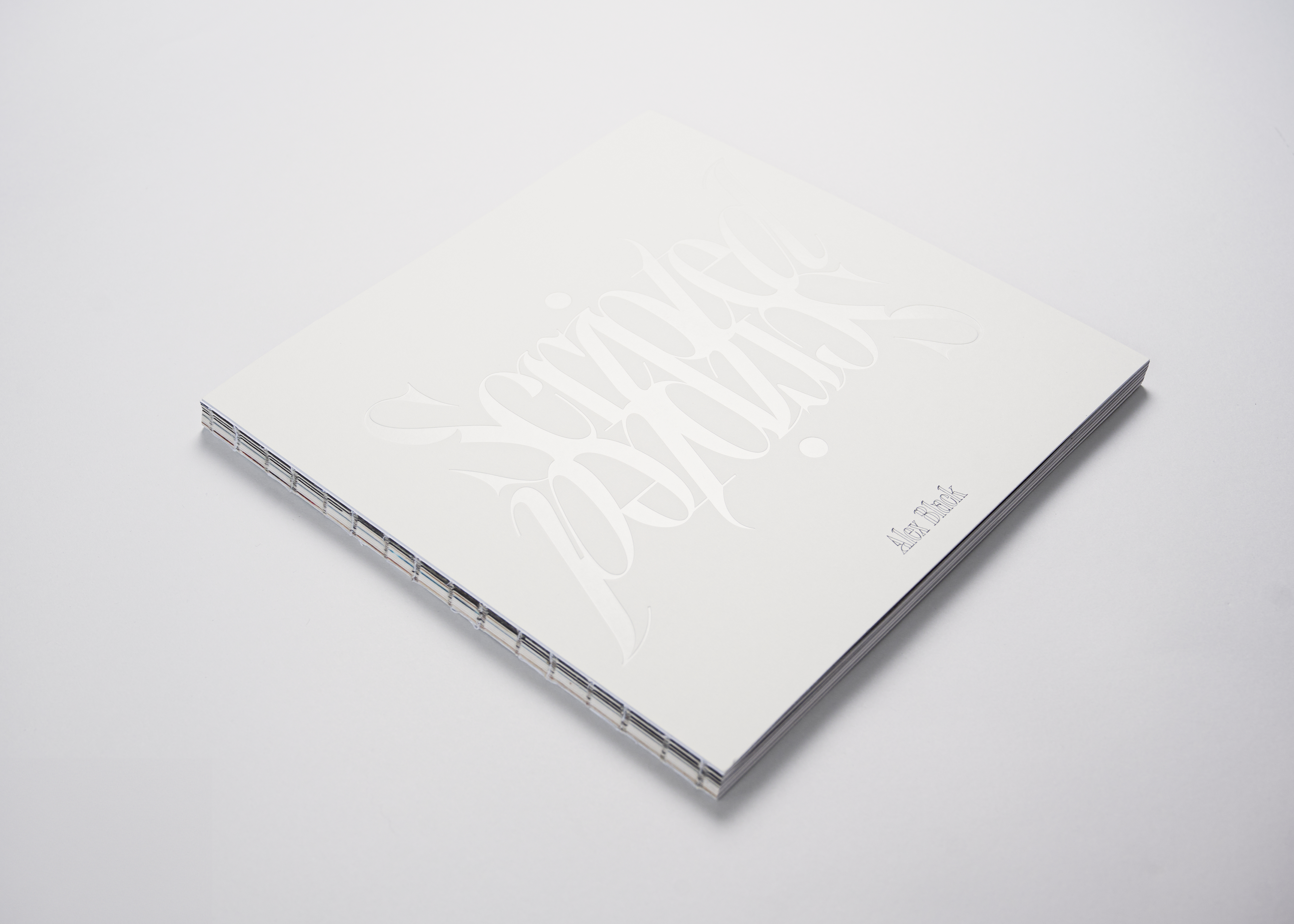‘Scripted’ is a new book that explores the dark side of beauty photography
Photographer Alex Black’s images explore and subvert contemporary definitions of beauty – take a peek inside her new book
Alex Black - Photography
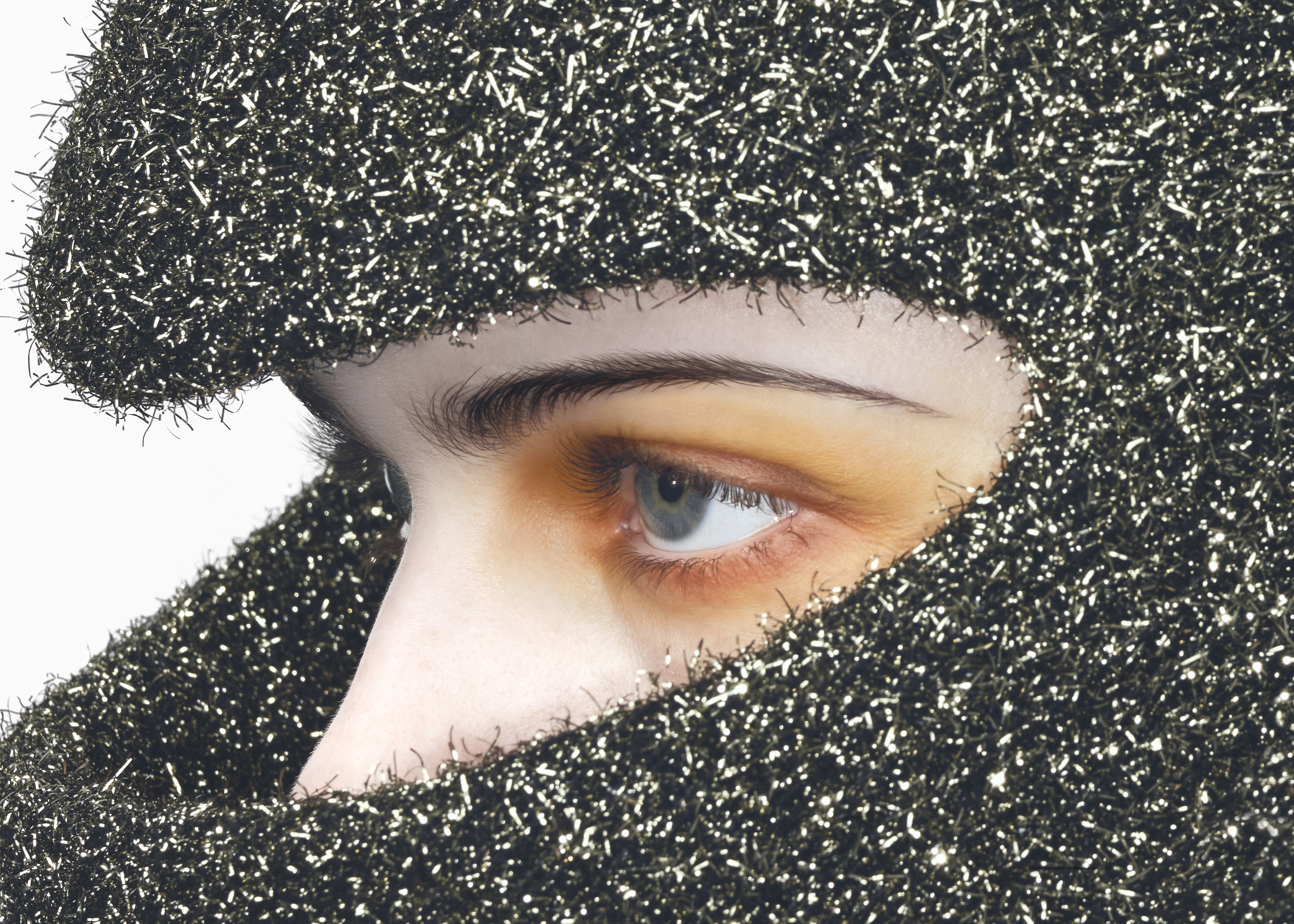
Receive our daily digest of inspiration, escapism and design stories from around the world direct to your inbox.
You are now subscribed
Your newsletter sign-up was successful
Want to add more newsletters?

Daily (Mon-Sun)
Daily Digest
Sign up for global news and reviews, a Wallpaper* take on architecture, design, art & culture, fashion & beauty, travel, tech, watches & jewellery and more.

Monthly, coming soon
The Rundown
A design-minded take on the world of style from Wallpaper* fashion features editor Jack Moss, from global runway shows to insider news and emerging trends.

Monthly, coming soon
The Design File
A closer look at the people and places shaping design, from inspiring interiors to exceptional products, in an expert edit by Wallpaper* global design director Hugo Macdonald.
In her new book Scripted, photographer Alex Black uses the visual language of commercial advertising to tell a new story – a glossy gothic in which stereotypical beauty standards are twisted into eerie and opulent visions.
It is the first monograph from Black, a renowned fashion and beauty photographer who shoots for magazines including Wallpaper*, and has worked for brands such as Maison Margiela, Diesel, Tom Ford and Pat McGrath. Like any successful commercial photographer, Black understands that advertising is its own kind of psychology; an exercise in probing, anticipating and, at its most successful, creating desire.
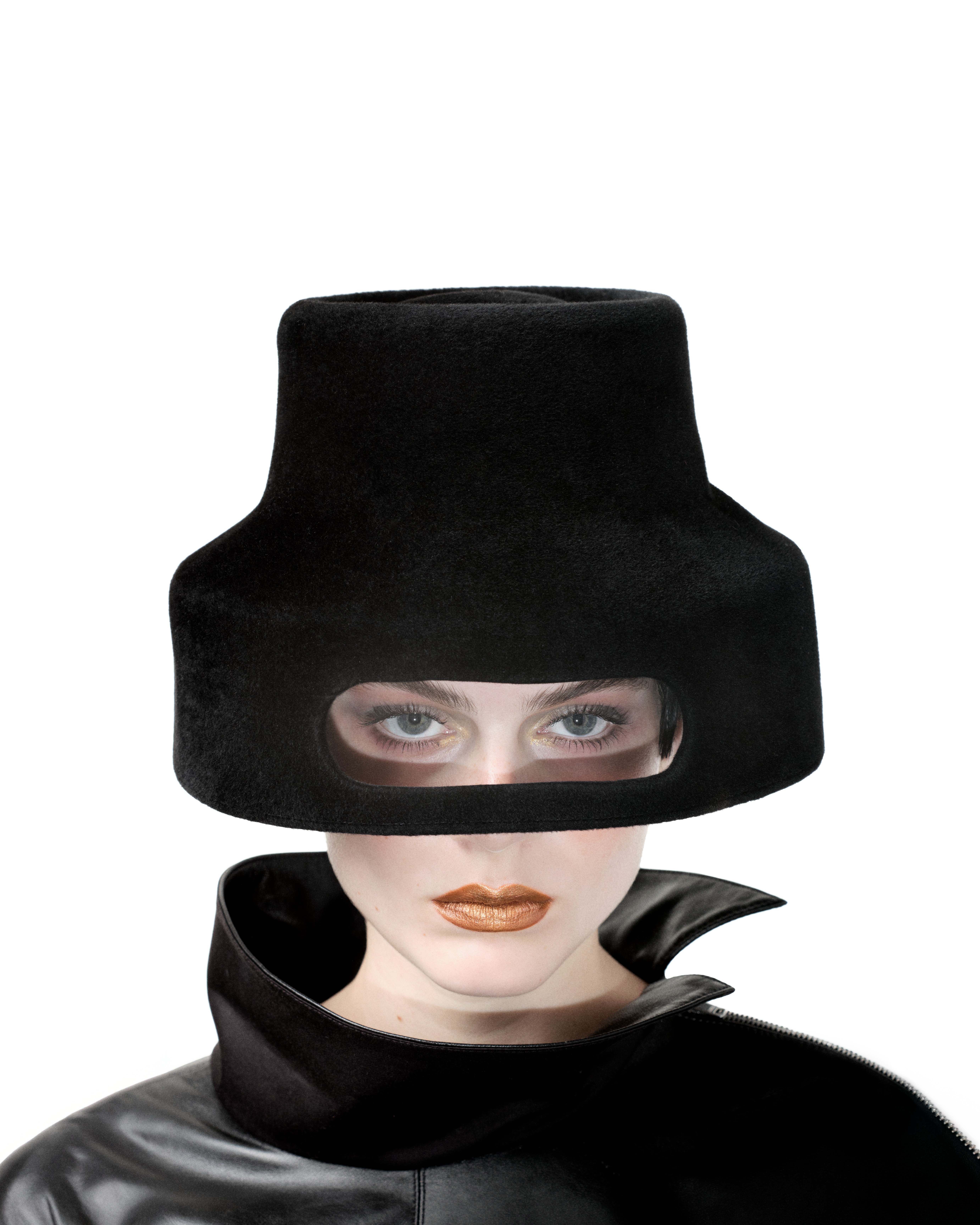
Scripted gives Black the chance to explore that relationship between photography and desire on her own terms, to subvert the tricks and illusions of the medium, rather than use them to fulfil the needs of a publication or brand.
'I’m trying to figure out what the image is doing through the visual codes – what is it communicating?’ says Black. ‘By stripping back those familiar elements, I’m creating space for a kind of duality, a contrast between high and low, minimalist and decadent, familiar and foreign.’
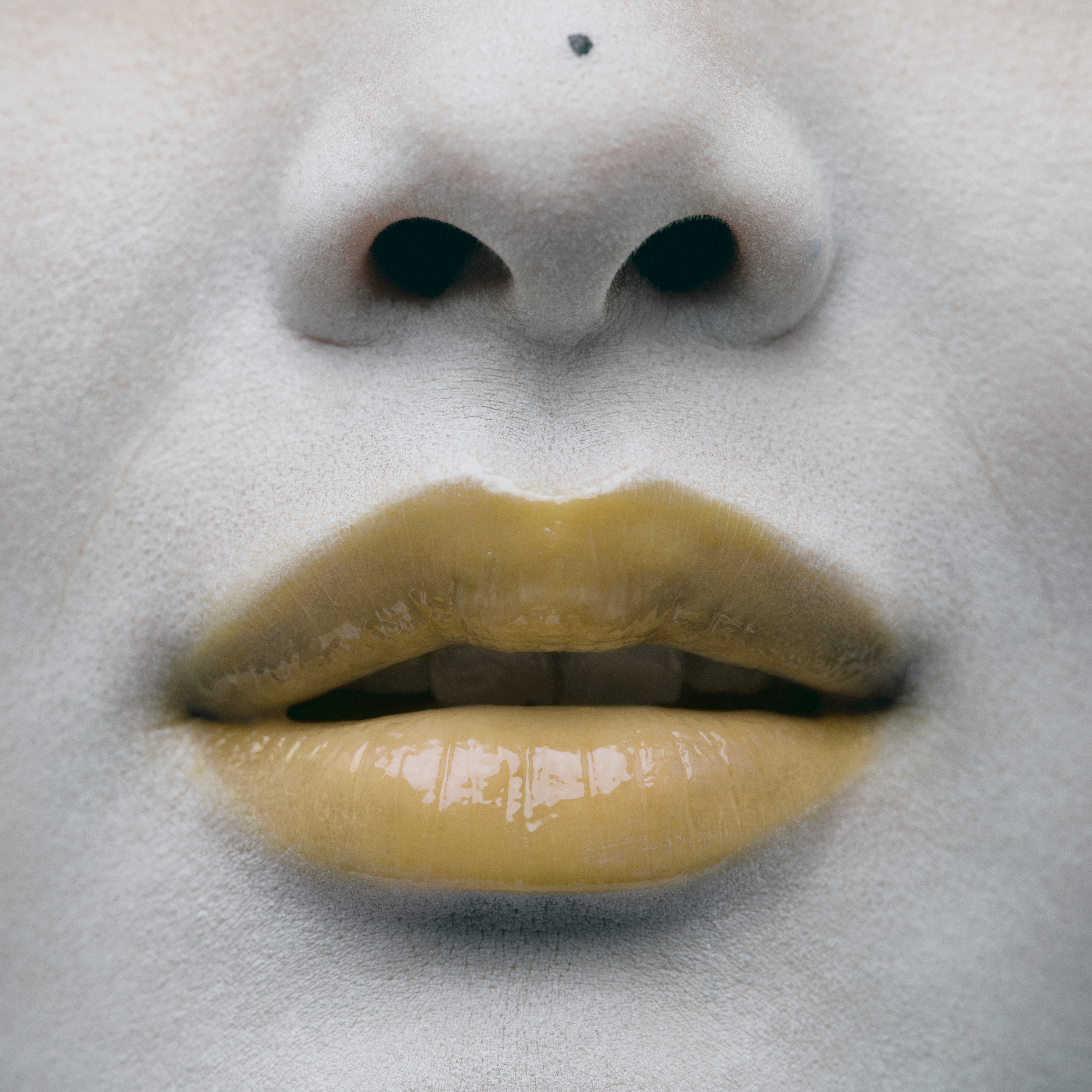
With Scripted, Black plays with those dualities to create images that draw you in with their high-gloss surface and keep you looking with their outré subjects. There are images of beautiful faces so retouched they appear plastic; a close-up of lips painted glossy yellow; a perfectly groomed face with frizzy hair, floating bodilessly in black space.
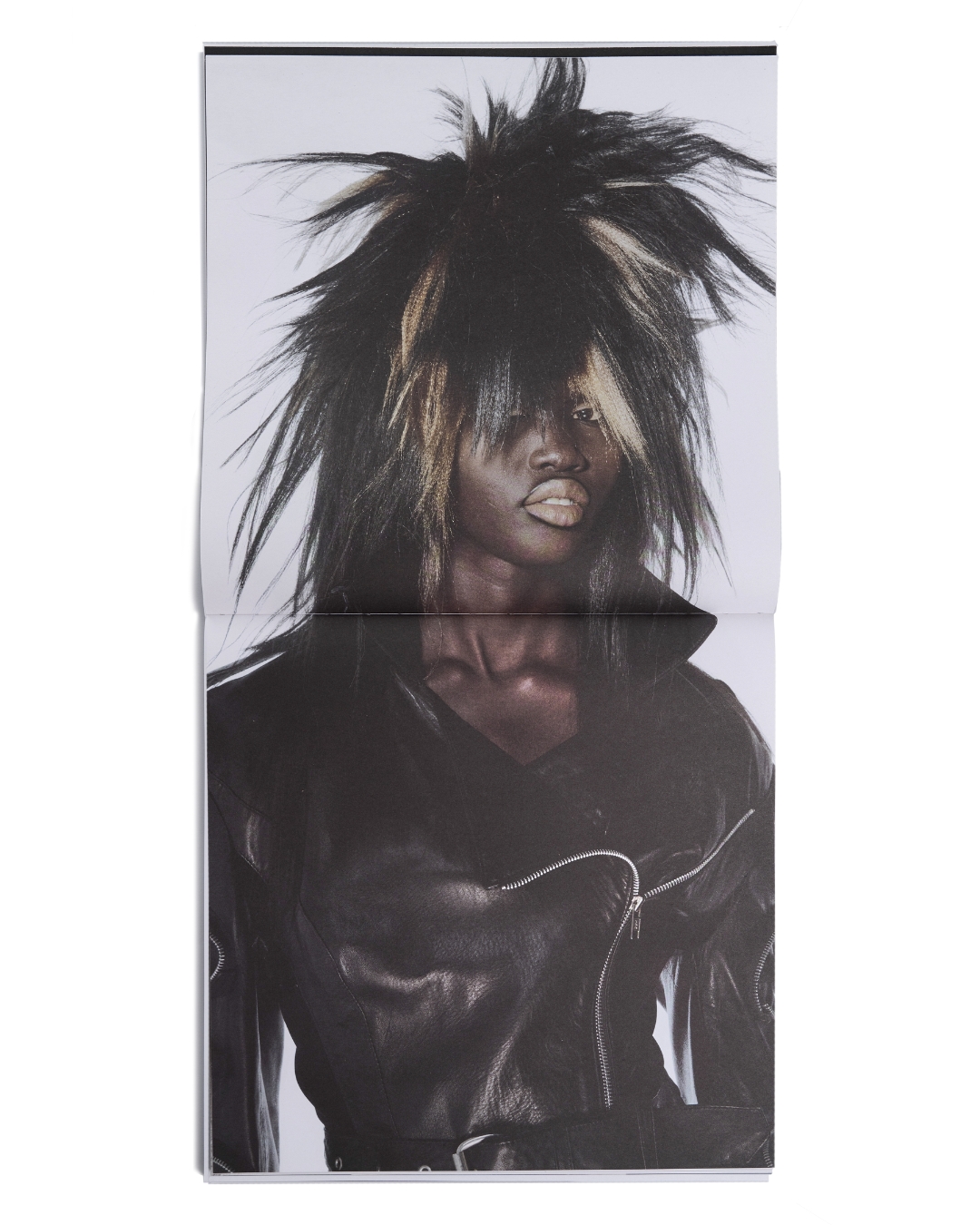
The book is also filled with grids that show the same image with one element changed, like a red painted nail that is cut into familiar manicure shapes (square, taloned) and strange ones (a diagonal line, saw-like spikes). The juxtaposition creates a sense of uncanniness, making painting and shaping your nails in any way suddenly seem like a bizarre ritual. Another shows six images of the same AI face, its plastic perfection and retro make-up recalling Barbie dolls, but its hair styled into impossible, space-age shapes that make it look both old-fashioned and hyper-modern.
‘What we’re trying to look at is how identity is a script, something you build piece by piece,’ says Black. ‘Beauty is a part of that script. Something like the choice of your hair dye feels so personal, but it is also tapping into something that was sold to you.
‘With this project, I wanted the images to reflect that,’ continues Black. ‘I imagined the beauty process through these objects and remnants that feel a bit harsh, almost torturous. We really do put ourselves through pain for beauty, like waxing and cutting hair, which is quite a violent act if you think about it. I wanted to contrast that sense of discomfort with the softness and lushness advertising usually sells, so the work feels like it’s holding both truths at once.’
Receive our daily digest of inspiration, escapism and design stories from around the world direct to your inbox.
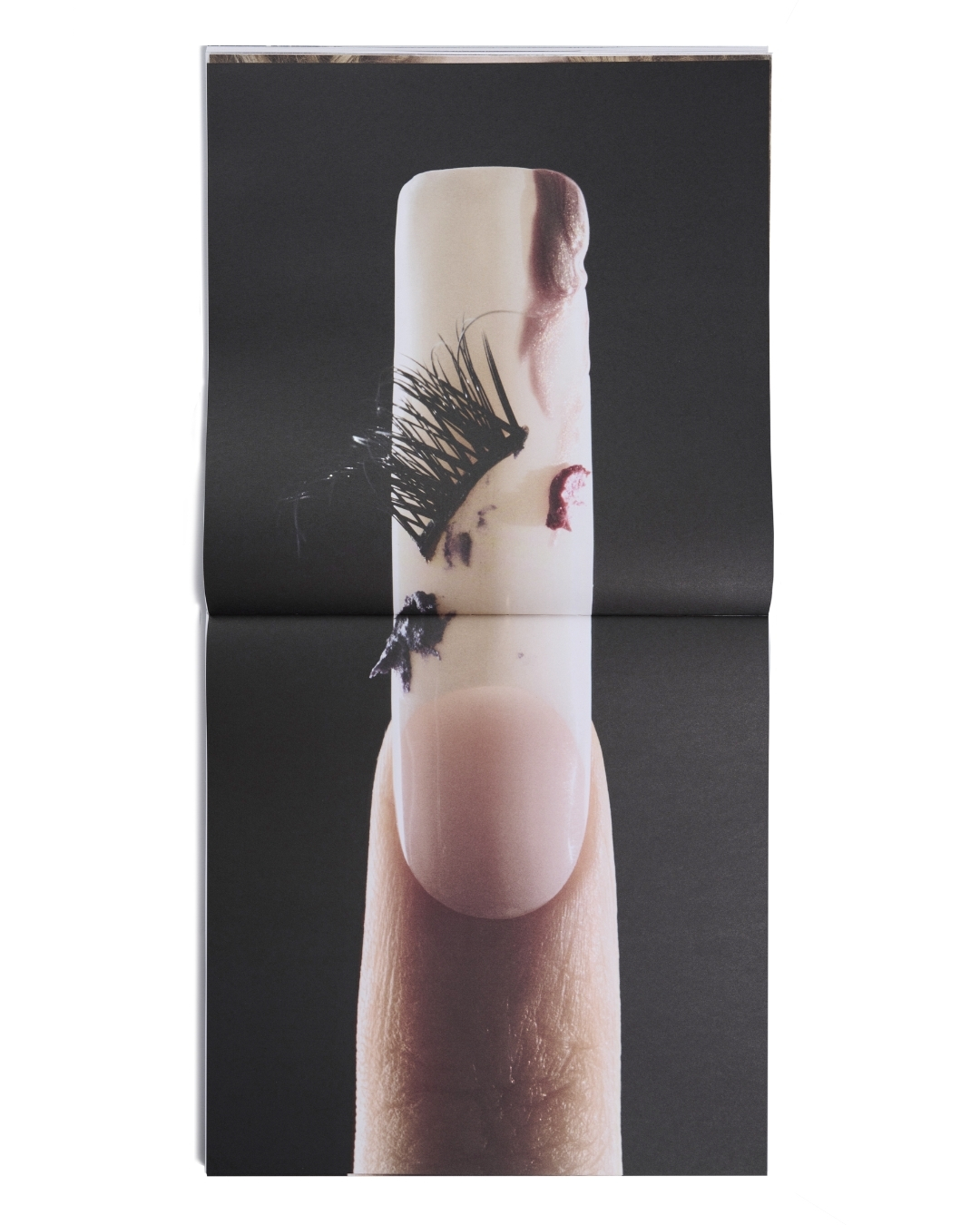
That duality is captured perfectly by one of the most striking images in Scripted, which shows a long nail covered in bits of beauty detritus – a smidgen of cream, part of a fake eyelash – a stylised version of reaching into your beauty bag and getting covered in mess. Through images like this, Black proves that ‘beautiful’ and ‘grotesque’ can be synonyms rather than antonyms. With Scripted, the visual pleasure of aspirational imagery we know so well remains, but is distorted into new forms. Like a carnival mirror, the image it reflects back to us is strange, but all the more compelling for it.
Scripted is available from alexblackstudio.com, €70
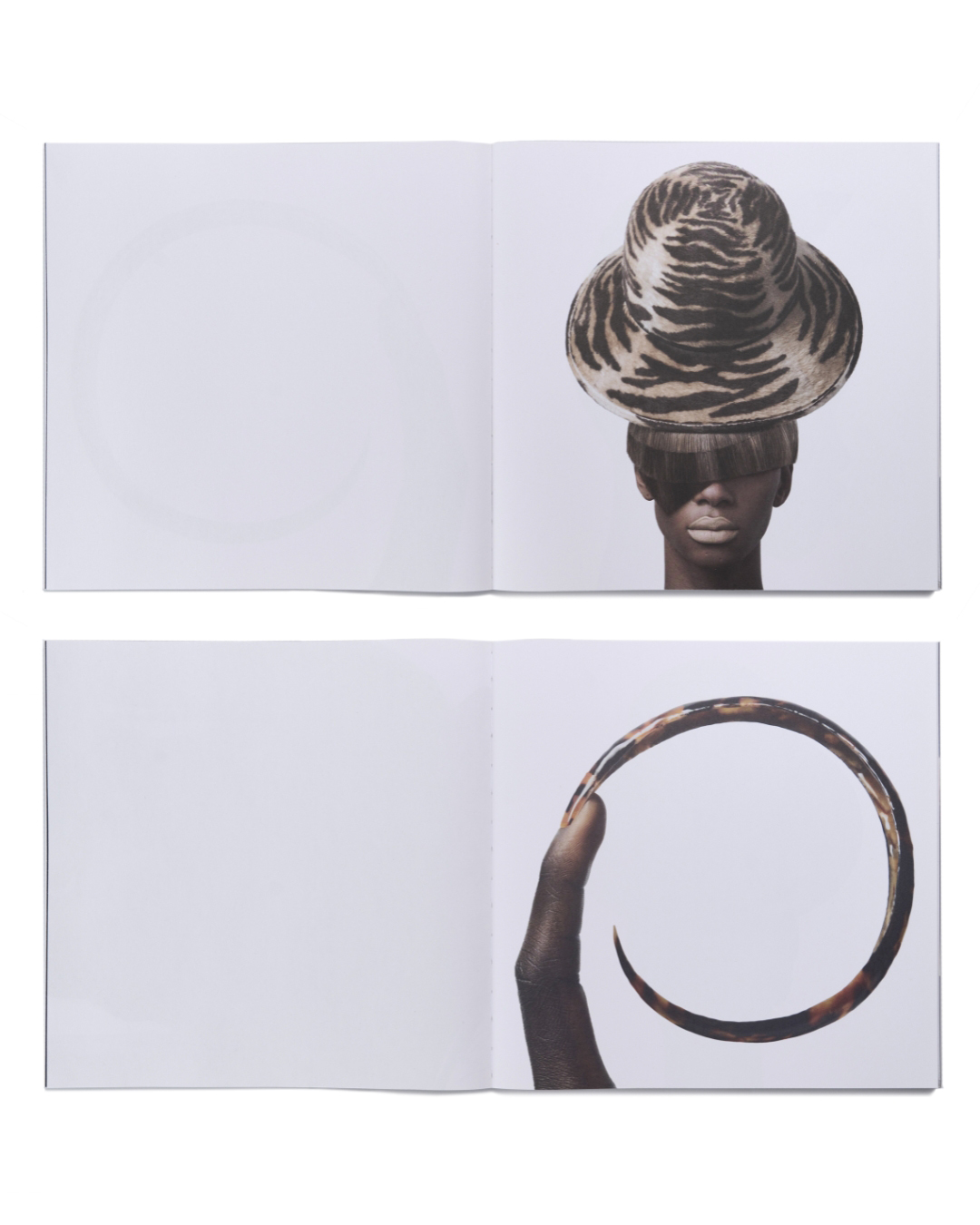
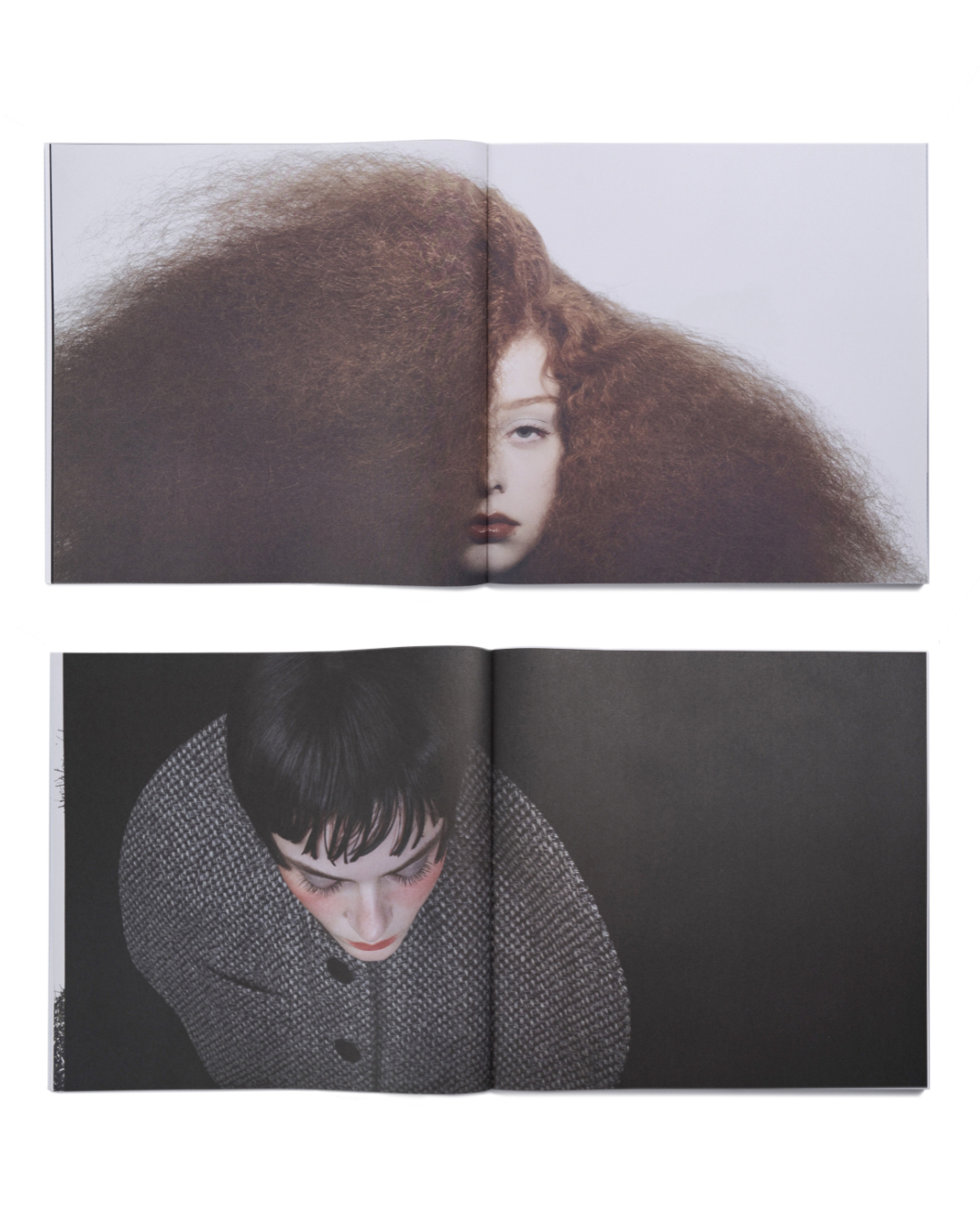
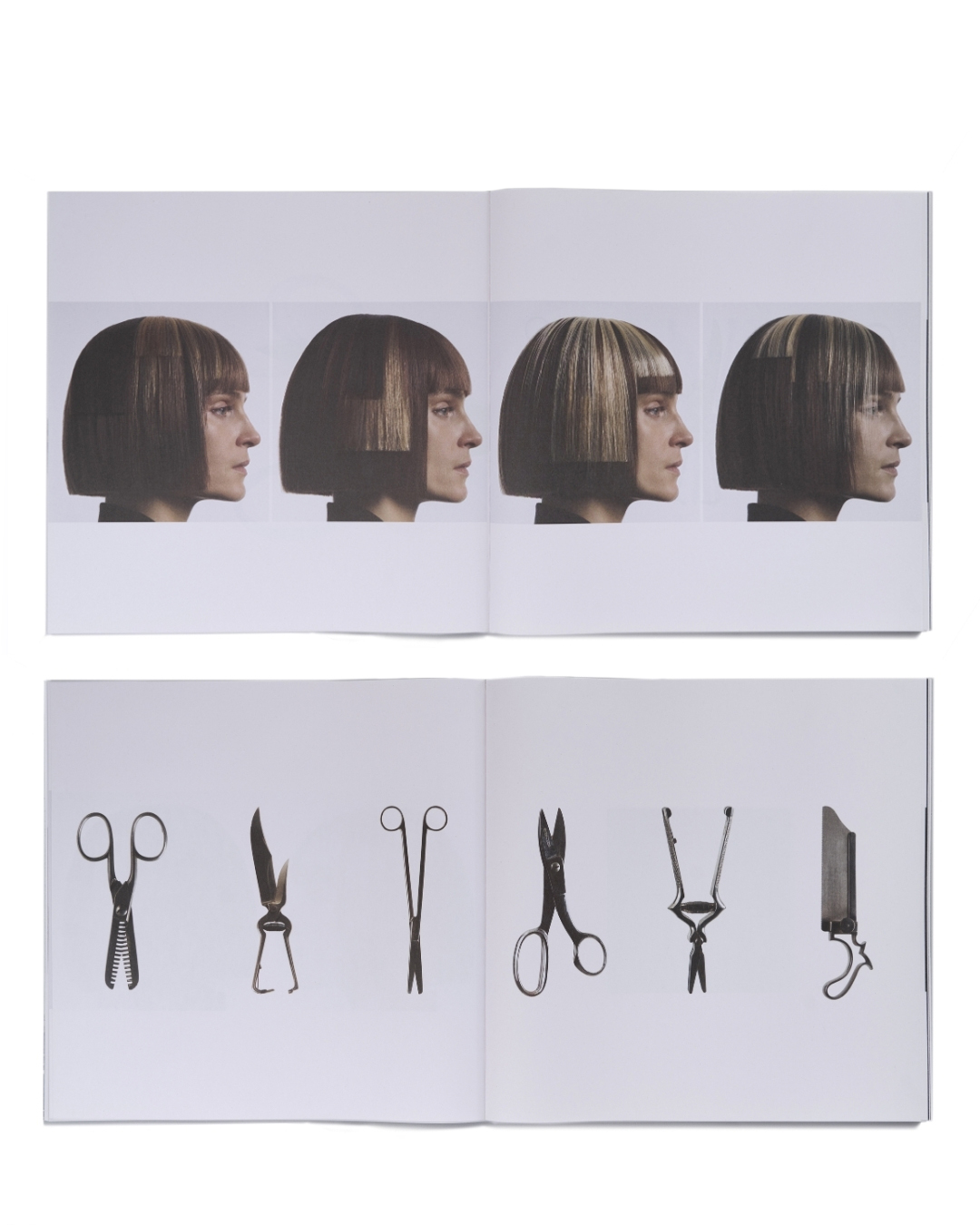
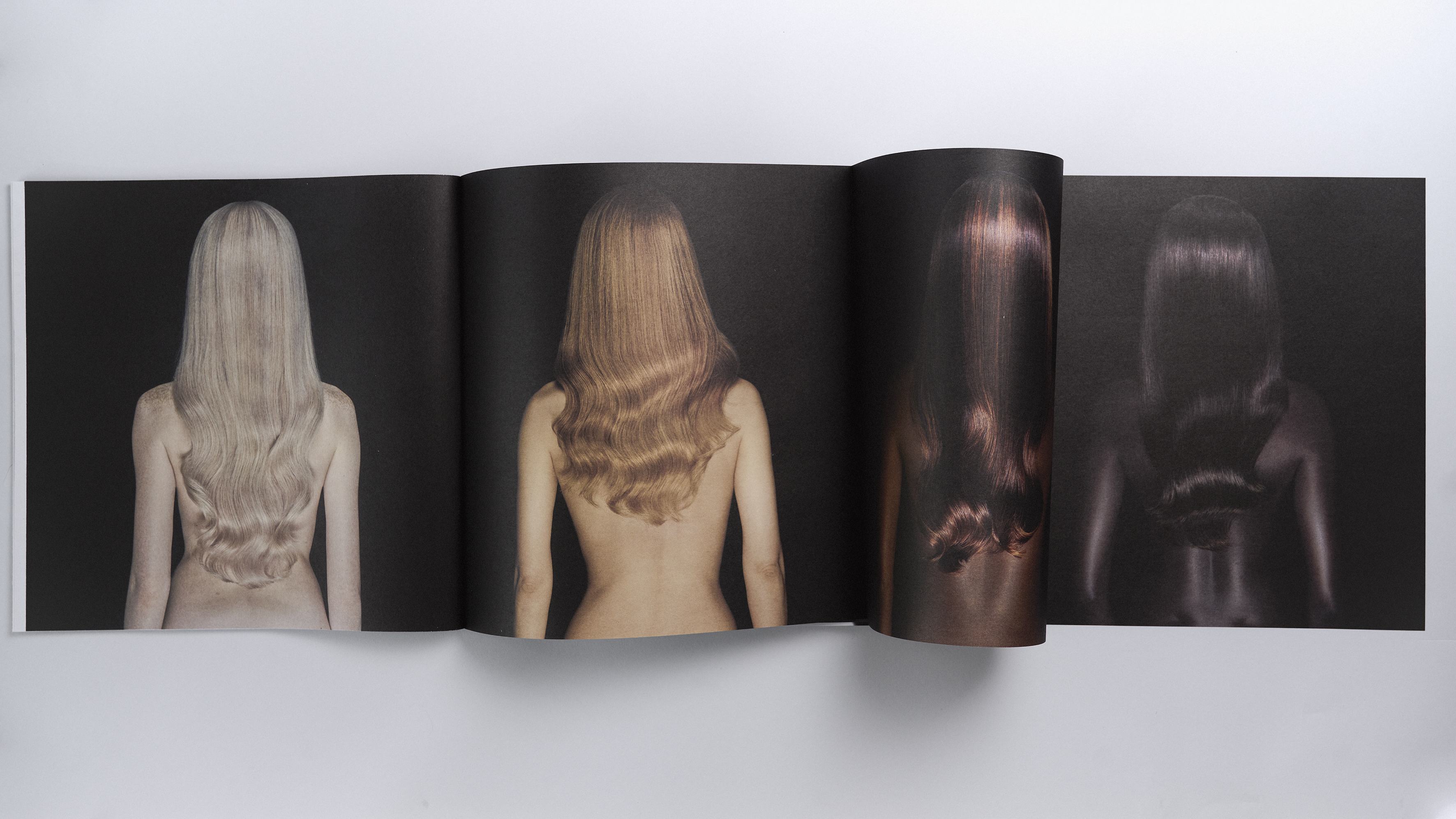
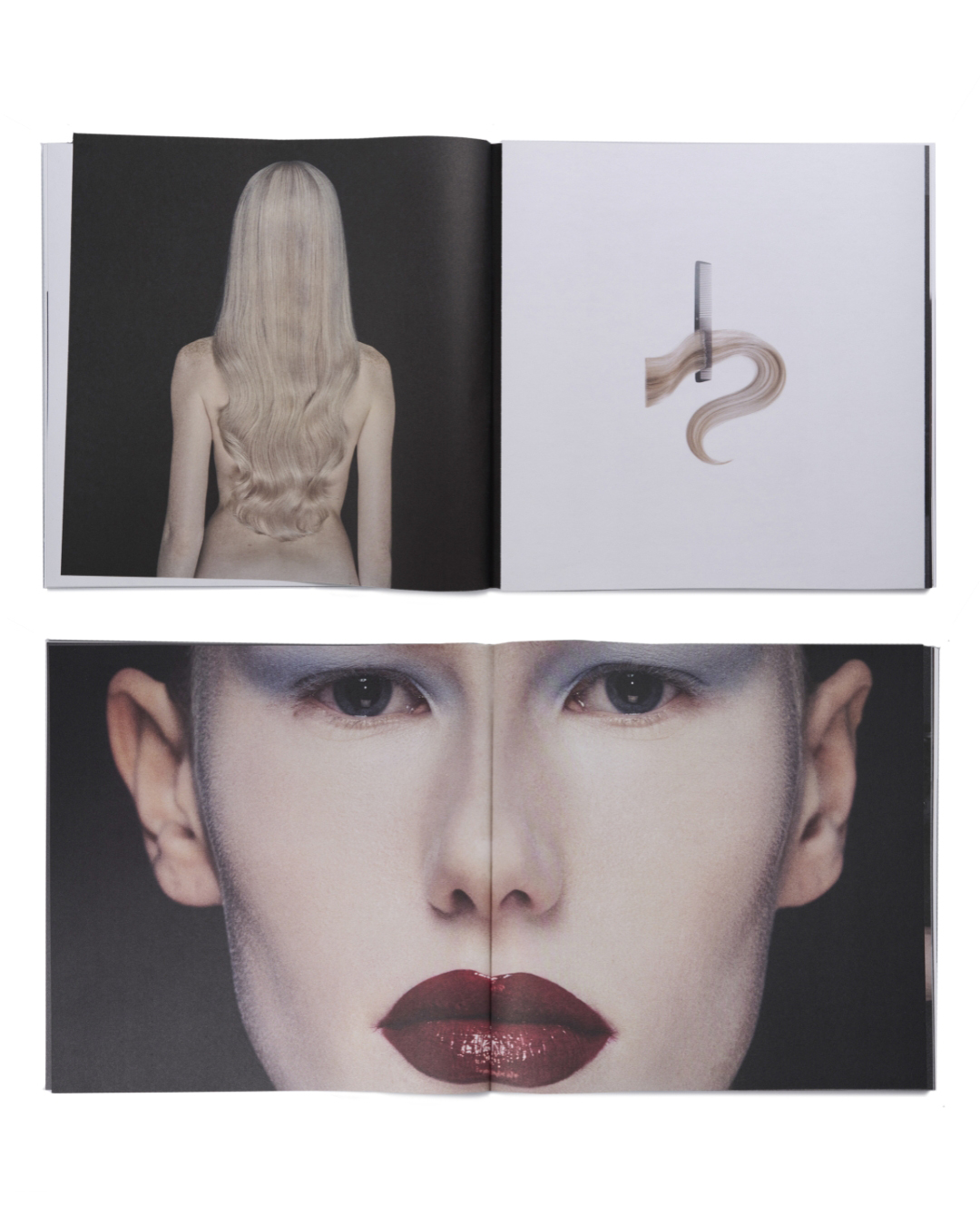
Mary Cleary is a writer based in London and New York. Previously beauty & grooming editor at Wallpaper*, she is now a contributing editor, alongside writing for various publications on all aspects of culture.
